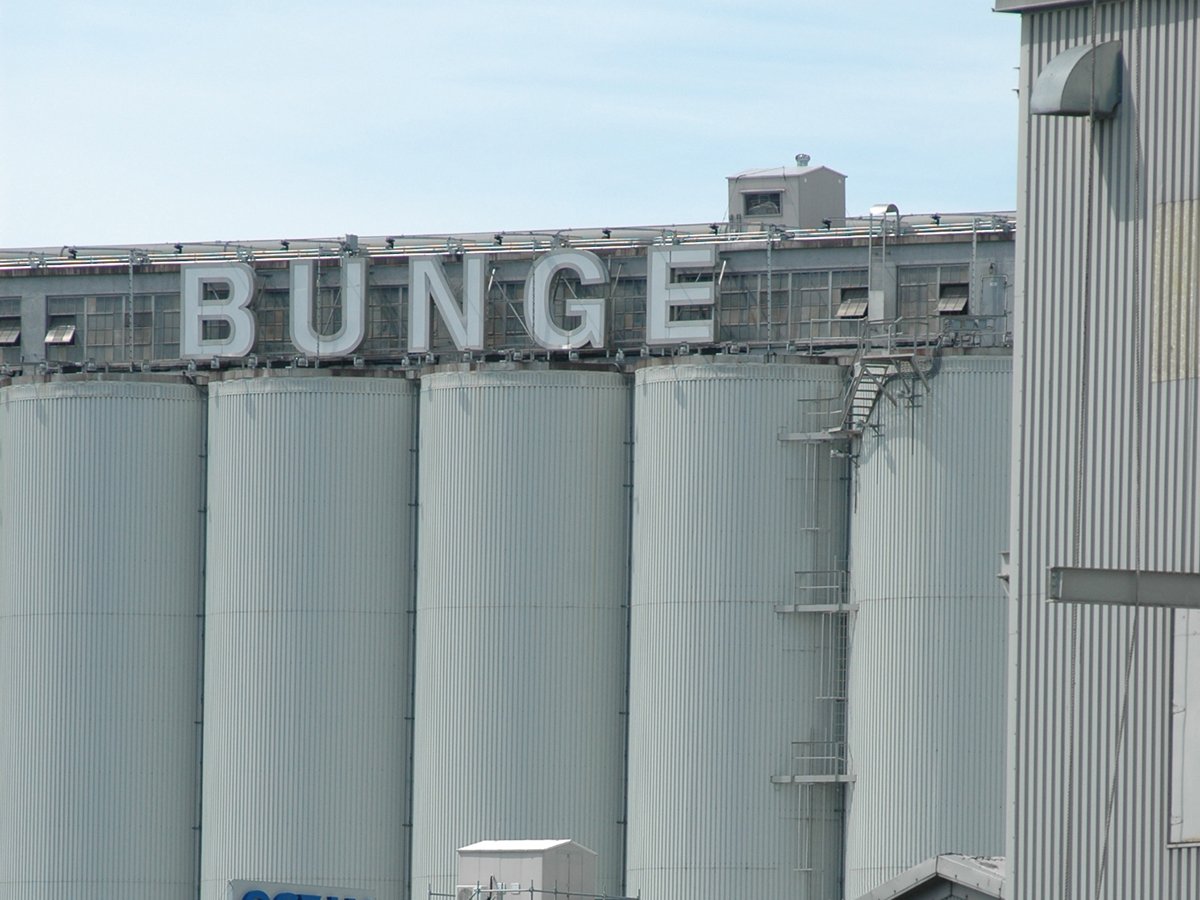Rex Murphy said emerging policies with too intense adherence to climate change doctrine is having a negative impact on other Canadian industries.
“I’m concerned about the impact that the more fervent, and in many cases professional opposition, to industrial development, particularly oil and gas industry of Canada, has on the politics of Canada,” he said during the Emerging Technologies for Global Food Security Conference (GIFS), held in Saskatoon June 19-21.
The political and social commentator and columnist was the keynote speaker at this year’s gala dinner and moderated a public debate on the topic of agriculture and climate change.
Read Also

Bunge’s crop mix is changing
Bunge has predominantly been a soybean processing firm, but that’s about to change after the merger with Viterra with softseed processing and grain merchandising gaining ground.
“When there’s an overstress on what’s called the environmental side, people are apt to ignore the consequences on the economic or industrial,” he said.
“For example, when Fort McMurray and Alberta in particular, are at the highest moments of stress — when the oil prices had collapsed, when the jobs had evaporated, when the people from the other provinces have gone home and the town almost burned down — this was not a propitious moment to establish a national doctrine of a carbon tax.”
Murphy said establishing a significant tax would not have happened to other major Canadian industries like the auto sector or Bombardier.
“Those people who have a genuine and balanced understanding of the climate issue should not be hijacked by outside organizations who are professionally antagonists of an industry rather than the environmentalists they claim to be,” he said.
One of the consequences, he said, is that a large part of the Canadian economy is slowly suffocating.
“The oil and gas industry is huge and it has many provinces involved and because they eliminated the possibility of our Canadian oil and gas going to any other depot than the U.S. — we’re down to one pipeline that isn’t built,” he said.
“Now that we find ourselves in a trade war and we look for other countries to export our goods, the one resource already present and developed because of climate policies is being strangulated…. That war will backfire on itself because the one industry we have ready for the world and are selling at a discount of billions to the Americans has nowhere to go. It’s absurd.
“That’s a cost that is never put in the inventory when people go about how noble a cause it is to support the fight against climate change.”
Not since the separatist actions of the 1990s has Canada seen so much friction between provinces and between some provinces and the federal government.
“Not on language, not on country of origin. It’s on an economic issue.”
Maurice Moloney, chief executive officer of GIFS said a policy of any kind that’s made without good scientific input is almost doomed to failure because the science is probably the closest one ever gets to objective fact.
He said Murphy is cautioning policy makers to not simply parrot precisely what scientists say because there may be other factors that impinge on a policy decision.
“What he’s really saying is if we’re going to make policy, let’s get disinterested objective ideas on the table and not ideological ideas, not doctrinaire ideas, because as soon as doctrine becomes part of science, a scientist is no longer a scientist — they would want a result rather than telling you what actually is.”















